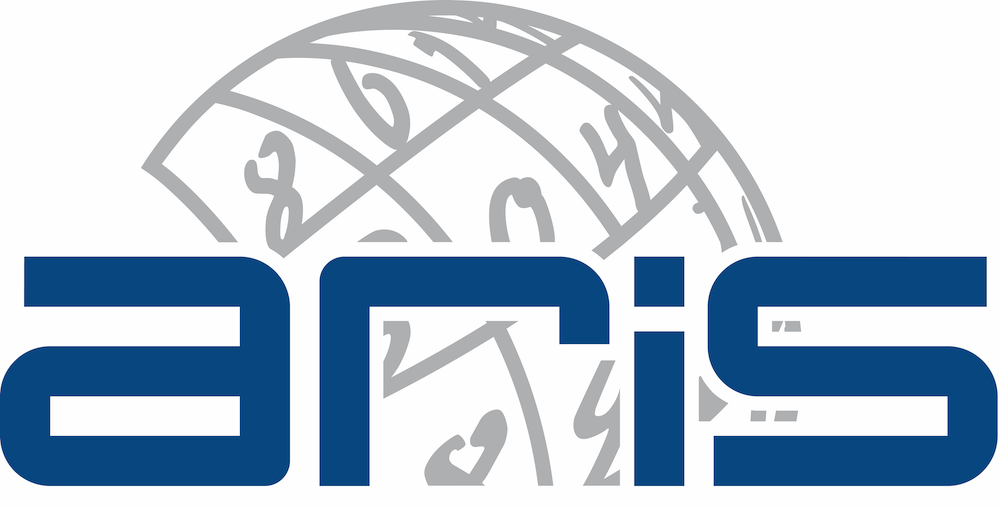Journal of Information Technology in Construction
ITcon Vol. 30, pg. 711-730, http://www.itcon.org/2025/29
Artificial intelligence applications for proactive dispute management in the construction industry: A systematic literature review
| DOI: | 10.36680/j.itcon.2025.029 | |
| submitted: | December 2024 | |
| revised: | April 2025 | |
| published: | May 2025 | |
| editor(s): | Yang Zou, Mostafa Babaeian Jelodar, Zhenan Feng, Brian H.W. Guo | |
| authors: | Mathusha Francis
Centre for Smart Modern Construction, Western Sydney University ORCID: https://orcid.org/0009-0006-7117-3752 M.Francis2@westernsydney.edu.au Srinath Perera, Prof, Centre for Smart Modern Construction, Western Sydney University ORCID: https://orcid.org/0000-0001-9218-9282 srinath.perera@westernsydney.edu.au Wei Zhou, Dr Centre for Smart Modern Construction, Western Sydney University ORCID: https://orcid.org/0000-0002-0849-1524 w.zhou@westernsydney.edu.au Samudaya Nanayakkara, Dr, Centre for Smart Modern Construction, Western Sydney University ORCID: https://orcid.org/0000-0002-0296-2700 S.Nanayakkara@westernsydney.edu.au | |
| summary: | Disputes have become an inevitably accepted reality in the current nature of construction projects. These disputes are typically resolved through amicable settlements or by following legal procedures such as arbitration and litigation, which can result in cost and time overruns, disruptions in relationships, project abandonment, and even the insolvency of contracting organisations. This has prompted construction practitioners to seek proactive dispute management methodologies. Recently, there has been a growing trend of integrating traditional dispute management practices with innovative technologies of the digital era. Thus, this paper aims to explore the Artificial Intelligence (AI) technologies to predict disputes and thereby manage them effectively. This research begins with a scientometric analysis, followed by a systematic review of AI applications in dispute management within the construction industry. The scientometric analysis examines research trends over the past decade through keyword co-occurrence, citation country networks, number of publications by year, and publication trends in terms of various journals. Following PRISMA guidelines, the systematic review identified 19 previous studies on AI applications in construction dispute management. The analysis revealed that existing literature primarily focused on predicting four aspects: litigation outcomes, dispute resolution methods, dispute propensity, and causes of disputes. Furthermore, the systematic review found that most studies utilised machine learning predictive models, predominantly using structured categorical data as input features. Recent studies have identified a new trend involving the use of natural language processing together with the availability of digital construction data. The research suggests that AI techniques show the potential to predict disputes real-time before they materialise. Thus, adopting artificial intelligence into existing dispute management practices could help construction professionals proactively manage disputes in construction projects and enhance decision-making processes. Finally, the research recommends that regulatory bodies develop guidelines for the ethical use of AI in proactive dispute management within construction projects. | |
| keywords: | Construction Disputes, Artificial intelligence, Predict, Dispute Management | |
| full text: | (PDF file, 0.984 MB) | |
| citation: | Francis M, Perera S, Zhou W, Nanayakkara S (2025). Artificial intelligence applications for proactive dispute management in the construction industry: A systematic literature review. Journal of Information Technology in Construction (ITcon), 30, Special issue Construction 5.0, 711-730. https://doi.org/10.36680/j.itcon.2025.029 | |
| statistics: |





